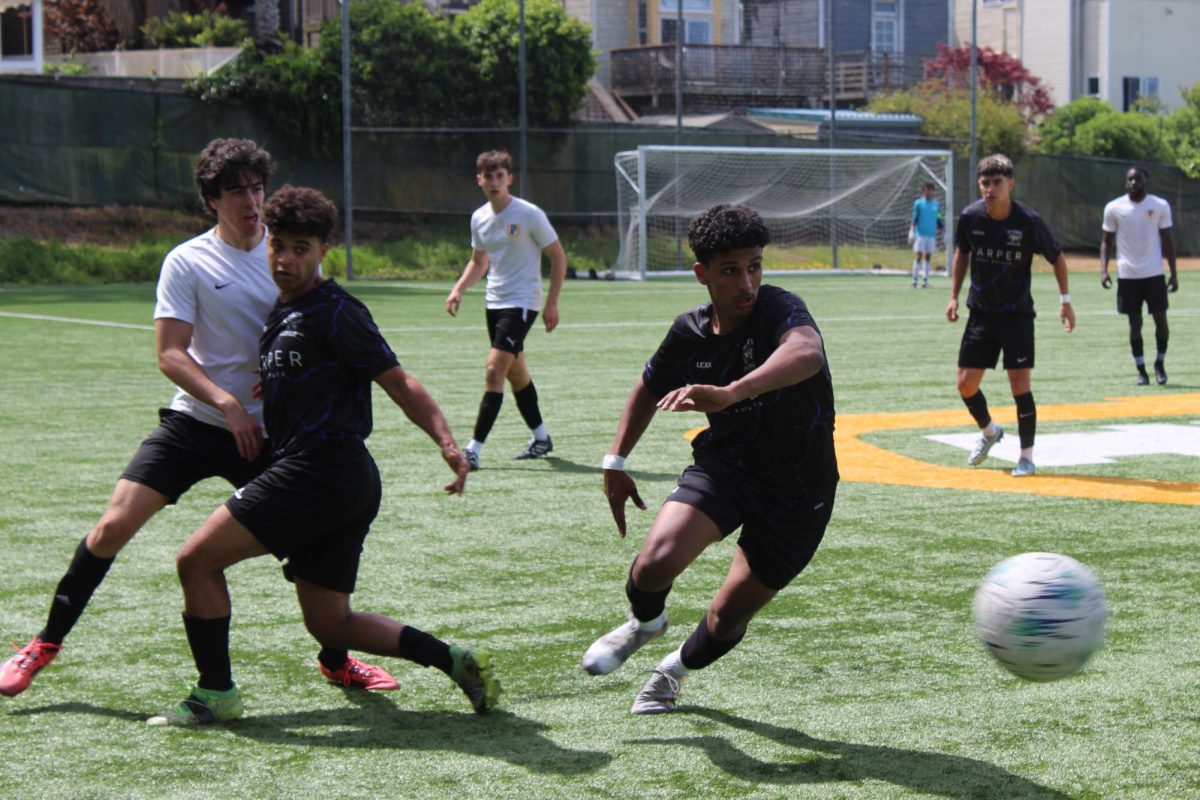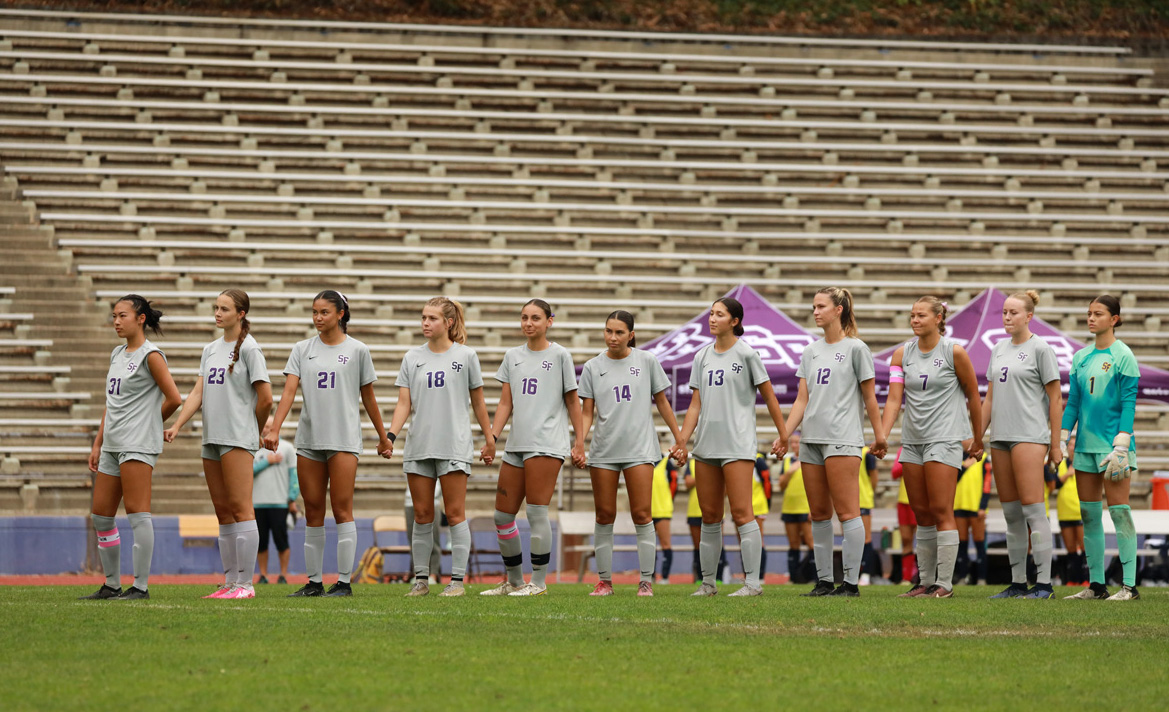Between classes, homework, a social life and a job, it’s hard for many students to keep up their grades; but Gator athletes make getting a 3.0 grade point average possible by following the Athletic Department’s highly organized process for managing time.
According to baseball infielder and senior Andrew Suvunnachuen, athletics comes second to academics.
“It is always part of the program,” he said. “I can’t have one without the other.”
Suvunnachuen was one of the 128 athletes who made honor roll Fall 2011, more than half of the student athlete population, and one of 79 who made the dean’s list. These athletes have been able to attain academic success by utilizing resources such as the Athletic Department’s study hall, counseling sessions, friends, family and their own drive for success.
The academic success achieved by individual players is partly derived from applying athletic dedication to academics, but also supervision and requirements, such as mid-semester progress reports.
Student athletes meet with Academic Coordinator David Woo to discuss academic standing once a semester.
“Between homework, going to class, taking tests, the games and the practices, it’s a lot,” Woo said.
The academic requirements leave little room for athletes to slack off on their grades because they face a constant reminder of academic priority from coaches and advisors.
Maintaining good academic standing is part of the student athlete culture, according to women’s head soccer coach Jack Hyde. He and his staff make sure his players are held accountable on and off the field.
“It’s part of their responsibility to the soccer team, and they embrace it,” he said.
During a team’s competitive season, players feel extra pressure to perform academically and athletically, said softball catcher Kylie Grabowski, sophomore. This is her second season with the team and second semester on honor roll.
“You have to find the time to study,” she said.
Traveling is one aspect of collegiate sports that most interferes with academics, said sophomore wrestler Andrew Reggi, who made the dean’s list. On the road, time is scheduled between games so players can make up the work from classes they missed.
“For me it’s really just about time management,” Reggi said. “If you manage your time well, it will be worth it in the end.”
Athletes, like many students on campus, juggle multiple responsibilities. Time management becomes a skill and the biggest piece of the puzzle, Woo said.
Junior opposite hitter for the volleyball team, Megan Johnson enrolled in 17 units last semester after transferring from Riverside Community College. Although she initially struggled to manage the new schedule, she finished with a 3.5 GPA.
“You have to be focused in every part of your life,” Johnson said.
Athletes who meet the athletic department’s requirements receive high priority registration from the University. This adds to their ability to schedule classes in a way for them to make time for practice and games, said Jo Volkert, senior associate vice president of enrollment management.
Student athletes are awarded priority registration on a semester basis and average 14 units per semester, according to Woo. Just like all students they work to balance schedules, but have the opportunity to ask for additional help from professors.
Last spring, Suvunnachuen struggled with a video project for his research methodology class.
“Andrew got help like any other student who comes and asks questions,” said Leah Wingard, communications assistant professor. “Any student who puts in the time for class, shows interest and needs my help, I’m going to help them out.”
Wingard said Suvunnachuen didn’t receive any special treatment and credited his success in the course to his own initiative.
Athletes who struggle despite academic supervision potentially jeopardize their ability to play in their respective sports.
“If something comes up they can always come in and talk to me,” Woo said.
Together Woo and the athlete explore solutions, whether the problem is academic, financial or personal. Whatever the issue may be students have different ways of coping with the stress. For softball first baseman and junior Cara Spence the best support comes from family.
Spence, who made the dean’s list, calls her mom after she does poorly on an assignment or had a bad game. She said her mother always has calming words of wisdom.
“She kind of brings me back to reality,” Spence said.







